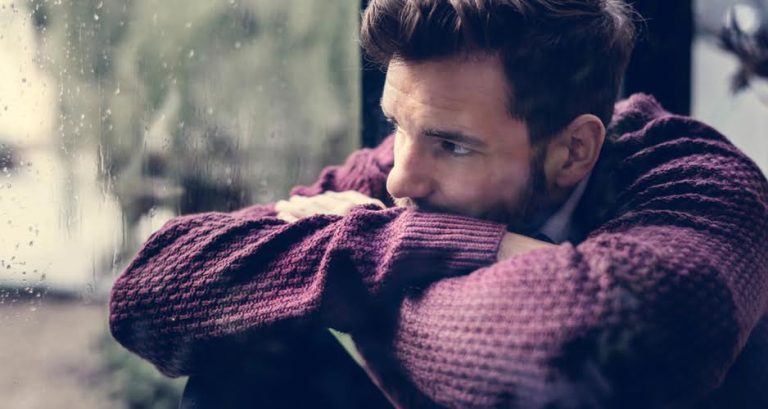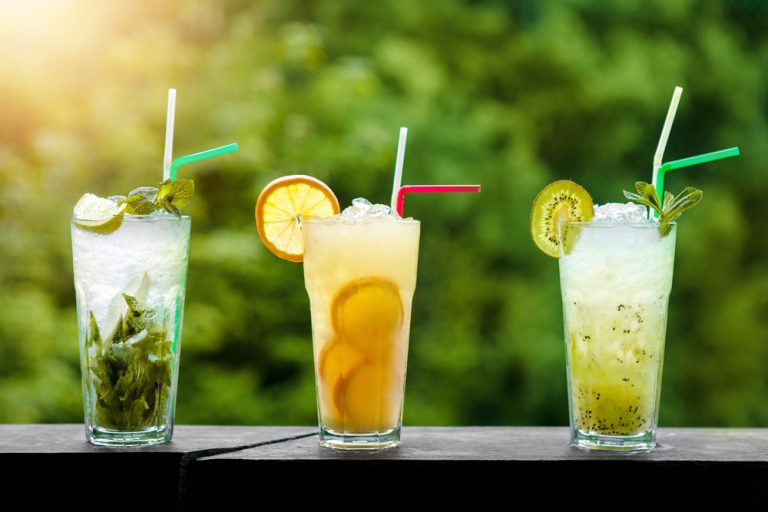Excessive drinking has numerous impacts on your body and mind, ranging from mild to severe. Learn which signs to look out for, and how to care for your well-being. As long as you don’t eat meals containing other triggers, this is one of the best things you can do. Try to stick to just a glass or two and eat enough for the food to soak up some of that alcohol. The carbon dioxide gas bubbles in Champagne help your body to absorb the alcohol faster. The bubbles increase the pressure in your stomach, which forces alcohol out through your stomach’s lining and into your bloodstream for faster absorption.
PATIENTS
In these retrospective studies, only 10% reported a frequent link. Staying hydrated and drinking in moderation can decrease the chance of experiencing a headache. People who experience severe headaches after drinking alcohol may also avoid alcohol altogether. As dehydration can cause headaches, staying hydrated when consuming alcohol is key. Aim to drink plenty of water before, after, and during alcohol consumption.
Those who https://movimientostem.org/rebuilding-after-divorce-tips-for-staying-sober/ are triggered by alcohol usually feel the attack coming on within a few hours, although some reported that the next day was when they felt it. Menstruation was found to increase the likelihood that food and drinks would be more likely to trigger an attack. This is linked to the threshold theory, or Bucket Theory, where a stacking of triggers will induce a migraine attack.
Research from 2020 showed that 95% of participants experienced alcohol-induced headaches. According to the migraine trust, alcohol regularly triggers migraine in around 10% of people. Avoiding processed foods high in additives reduces chemical triggers known for provoking migraines or tension-type headaches too.
Study characteristics
- Migraine sufferers consume less alcohol, especially beer and liquors, and are more vulnerable to migraine-like hangover symptoms than nonsufferers.
- For each test, P values less than 0.05 were considered as statistically significant unless stated otherwise.
- Whilst many people do not suffer any side effects from ingesting tannins, there are some who find them to be a source of their headaches.
- However, if you can’t avoid alcohol, remember to drink in moderation.
- If you notice consistent patterns, then chances are it’s the alcohol that’s causing your migraine headache.
There are many possible triggers for migraine attacks, including stress, bright lights, loud noises, weather changes, certain foods and drinks, and changes in sleep or hormone patterns to name a few. This type of headache is known as the ‘cocktail headache’ and comes on shortly after taking an alcoholic drink. This type of headache is less common, but many people may notice the symptoms developing within 3 hours of drinking.
What alcohol to drink to avoid migraine attacks
In cross-sectional studies, six out of the 11 had a high risk of bias 46–48, 51, 56, 60, because they received fewer than 6 positive answers. Headaches are one of the most common neurological symptoms related to the sensation of pain 1 and cause a decrease in patients’ quality of life 2. Their global prevalence is estimated at 52% of the population 3. If you’ve identified alcohol as a trigger for your migraine headaches, avoiding it altogether is probably best. The same is true if you find that some types of alcohol trigger your migraine headaches more than others. Preventing migraine begins with identifying and reducing or eliminating common migraine triggers such as alcohol, dehydration, and certain foods.
A cocktail headache is a headache that occurs within the same evening of drinking alcohol. Unlike a hangover headache, cocktail headaches can be caused by even small amounts of alcohol. If you develop a cocktail headache, take care to rest and nourish your body with water, electrolytes, and a healthy fruit or vegetable snack if possible.
Decoding the Pain: A Comprehensive Guide to Cluster Headaches and Migraines
The psychological challenge of breaking habitual routines may exacerbate these migraines and alcohol physical responses further. Dehydration reduces blood volume and oxygen delivery to the brain while triggering inflammatory responses that promote headache pain. It also thickens blood slightly, which can increase vascular resistance inside the skull—another headache trigger. Moreover, lifestyle factors accompanying the decision not to drink—such as changes in hydration levels, diet alterations, or increased stress—can also provoke headaches.
What triggers migraine attacks?
There are multiple ways in which you can prevent and heal an alcohol-induced headache using natural remedies. Whilst all types of alcohol stand to cause some sort of headache, there may be types that you find you tolerate better than others. This can differ for each person and whilst one may find that spirits cause a headache, another may find that lager doesn’t agree with them. However, if you tend to suffer more from a delayed headache, you will usually notice the onset around 12 hours after drinking. Although it has been seen that this headache can start from as little as five hours after drinking.

Dehydration

It’s critical to have a support network of understanding people who can not only check in on you but also empathize with your experience. Then consider joining our Move Against Migraine support group on Facebook so you can connect with others who live with migraine. It can’t prevent a migraine, but it can help Alcoholics Anonymous stop one after it starts.
Only few studies 46, 48,49,50, 52 provided the data about the period in which alcohol drinking was considered and measured. Nineteen studies used questionnaire methods to assess drinking 36, 44,45,46,47,48,49,50,51,52,53,54,55,56,57,58,59, 61, 62. In two cases, questionnaires were supplemented by medical interviews 53, 61. The rest of the studies were based on information obtained during a medical interview 26, 27, 44.
